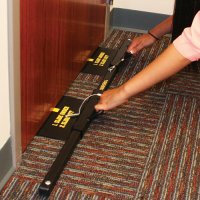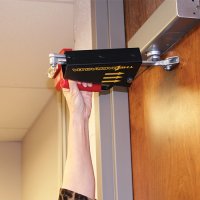LGreene
Registered User
I saw a post on LinkedIn from a fire marshal who is battling with the local police chief and school district about the use of classroom barricade devices...the law enforcement argument is that life safety codes are archaic. If anyone else is facing this problem, I just wrote an article for Domestic Preparedness that might help. There is a link to the article in this blog post: http://idighardware.com/2017/10/tea...e-safety-while-addressing-classroom-security/
If you have addressed this issue in your jurisdiction, I'd love to hear about how it went down.
If you have addressed this issue in your jurisdiction, I'd love to hear about how it went down.


